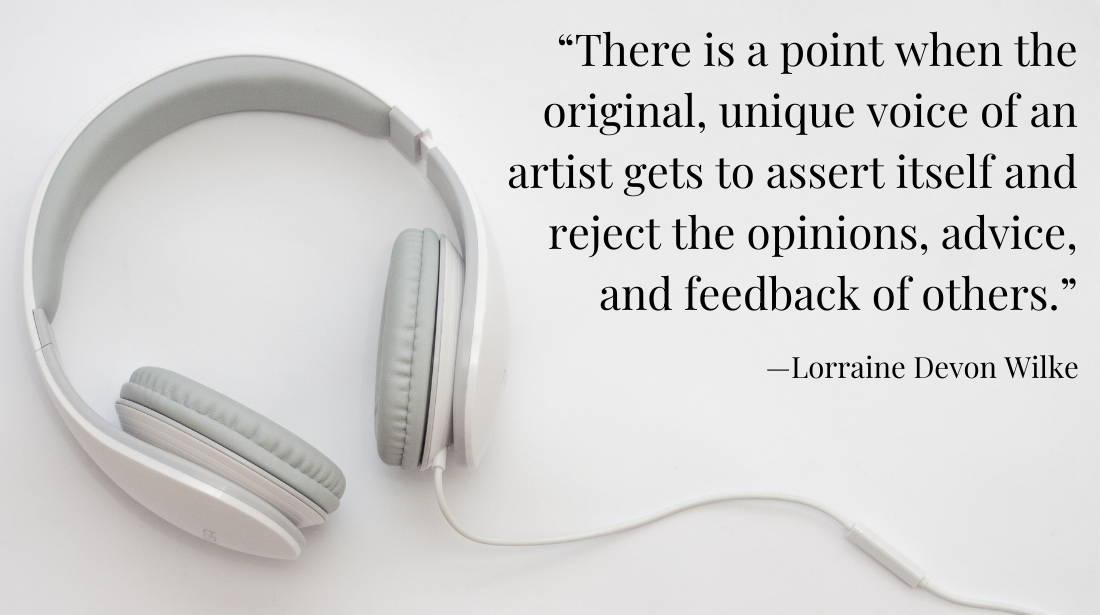3 Ways to Increase Your Daily Word Count While Away From Your Computer
ATTENTION NEWSLETTER READERS: If you clicked through from the newsletter for The New Way to Write Your Life Story: The 10 Themes of Legacy Writing, I goofed and attached the…
ATTENTION NEWSLETTER READERS: If you clicked through from the newsletter for The New Way to Write Your Life Story: The 10 Themes of Legacy Writing, I goofed and attached the wrong link. Sorry about that. Here is the correct link:
The New Way to Write Your Life Story: The 10 Themes of Legacy Writing
While I’ll be cheering on NaNoWriMo participants from the sidelines this year rather than joining the race, I am forever looking for ways to expand my own daily word count—not just in November, but all 12 months of the year. My goals may be more modest (while they fluctuate depending on my work-in-progress and what stage it’s in, I currently aim for an average of 1,000 words a day, six days a week), but with a full-time job and a family, they’re not easy to meet.
When people find out I’ve got a novel in progress, they inevitably stop to take in my energetic 3-year-old boy, already-almost-walking 9-month-old girl, and full-time job overseeing Writer’s Digest magazine and say the same thing: Wow, you have your hands full.
I do. Literally. If I’m not in the office, you can often find me with a giggling, hair-pulling baby in my arms, a pot on the stove (or, um, the pizza guy on the phone), and a little boy dressed as a superhero tugging on my pant leg.
So for me, pushing my daily word count is about finding ways to write in between the times when I can actually sit uninterrupted at my laptop. Here are three methods that work for me—and may just work for you, too.
1. Ms. Phone, please take a letter …
On TV commercials, people talk to their phones to find out where the nearest Chinese restaurant is or to remind themselves to buy flowers for their anniversary. I talk to my phone to record ideas for fictional scenes that pop into my head at random moments of the day. Snippets of dialogue, emotional descriptions and plot notes all get recorded to be sure they don’t evaporate before I can get to my keyboard.
On my drive home from work, I have about 15 minutes of quiet time alone in the car until I pull into the daycare. Sure, sometimes I listen to music, or NPR news. But especially if I don’t yet know what scene I’m going to tackle after the kids are in bed that night, I like to use this time to brainstorm. Hands-free, I’ll dictate what comes to me into my phone. I once “wrote” 650 words between quitting time at work and pickup time at daycare. Sure, there were lots of misunderstood words and typos to correct—no voice command app is perfect—but when I do get to the computer, cleaning up the copy is far easier than starting from scratch.
The November/December Writer’s Digest magazine
is filled with advice for keeping the words coming.
If you’re looking to increase your productivity or planning for NaNoWriMo,
check out a preview in the Writer’s Digest Shop, or download it instantly.
2. Go go Gadget keyboard …
There are other times—say, if a baby is napping on my shoulder—that I can get my hands free but not balance a full-sized laptop on my lap. And we’ve all had those moments when we don’t have our computers in reach when inspiration strikes—but we do happen to have a tablet or smartphone with us, so we try to peck out the words on our touch screens as fast as we can, all the while grumbling that our fingers can’t catch up to our brains.
That’s where my Bluetooth keyboard comes in. I got one for my birthday back in August, and my husband is still pretty proud of himself for how much I rave about it. For only about $30, it came with a slim case and slips easily into my purse. No matter where you are, simply pair it with whatever device you have on hand, and voila! You can actually type out a scene or notes at full speed. When I have my Bluetooth keyboard along, I no longer mind if a friend is late to meet me for lunch, or if my dentist leaves me in the waiting room. In fact, sometimes I’m secretly glad.
3. Note to self …
It is one of the stranger side effects of the writing life that I email myself perhaps more than I send messages to anyone else. But every day, no matter how busy I am, whether I’m using one of the methods above or another, I try to at the very least send myself the briefest of notes regarding what my next scene will be.
At worst, when I sit down at my keyboard later, I’ll have some kind of starting point, rather than a blank screen (and a blank brain). At best, if I’ve gotten a little carried away with my note taking, my scene might already be half-written.
What I’ve found is this: Whether you’re a “pantser” or a plotter (or, in my case, a little of both), when you sit down to write with SOME kind of notes in front of you, you’ll spend less time getting in the groove and more time churning out words.
What about you? How do you increase your daily word count? From one hands-full writer to another, I invite you to leave your own tips in a comment below—we can all use all the help we can get!
Happy Writing,
Jessica Strawser
Editor, Writer's Digest Magazine
Follow me on Twitter: @jessicastrawser
Jessica Strawser is editor-at-large for Writer's Digest and former editor-in-chief. She's also the author of several novels, including Not That I Could Tell and Almost Missed You.









